The content of the article
The human body is a truly unique mechanism that simultaneously performs a huge number of vital functions. One of the main systems is the digestive system. Food, getting into the mouth, goes a long way in processing. All nutrient products are broken down into simple substances, from which the body absorbs everything necessary - acids, vitamins, proteins, fats and carbohydrates. And all unnecessary (as a rule, this is fiber and other products of the breakdown of food) are excreted by the intestines. All this is accompanied by gas formation - severe or moderate.
Normally, the human body releases 0.3-0.5 cubic decimeters of gas, which is approximately 1-2 glasses in volume. But everything is individual and depends on the nutrition and weight of the person. If the volume of gas released increases by 2–3 times, very often this brings the patient serious discomfort. A person cannot work normally - he constantly feels the urge to release gas. Flatulence is usually accompanied by abdominal pain and wild discomfort. In this article you will learn why there is increased gas formation, how it manifests itself, and also get acquainted with the main medication and home remedies for getting rid of flatulence.
Reasons for increased gas formation
Here are the main factors that can cause a malfunction in the digestive tract and cause increased gas formation.
- Enzymes. Enzymes are substances that are necessary for the digestion of food. If there are few enzymes in the stomach, the incompletely digested food goes down to the lower parts of the digestive tract. This leads to active fermentation processes. Enzyme deficiency can occur after poisoning. If a shortage of substances is observed for a long time, you must definitely see a doctor.
- Food. This is the most common reason why increased gas formation begins. Some foods are difficult to digest and enter the intestines completely unprocessed. This leads to the fermentation process and the active release of carbon dioxide. Such products include legumes, pastries, fresh dairy products, grapes, kvass, cabbage. Such products are strictly contraindicated after various operations or childbirth, precisely in order to avoid flatulence.
- Gastrointestinal diseases. Any inflammatory processes in the stomach, duodenum, liver and pancreas lead to increased gas production in the intestines.
- Dysbacteriosis Normally, a person’s intestines contain a certain amount of the necessary bacteria that make up the healthy intestinal microflora. For some reason, this balance may be impaired and the process of fermentation in the intestine is activated. Microflora is disturbed after taking antibiotics, due to stress, after poisoning and other provoking factors.
- Swallowing air. Air in the intestines can appear naturally - if you swallow it with your mouth and it does not come out with a burp. This often happens if a person talks a lot while eating, actively smokes. Children can swallow air while sucking on a breast or bottle.
- Perilstatic. If there are various adhesions in the intestines, circulatory disorders, tumors, if there has been a surgical intervention - this often leads to poor peristatics - the intestines simply do not move the gases to a natural outlet.
- Nervous experiences. In the intestine there is a huge number of nerve endings that respond to the general psycho-emotional state of the body.After nervous experiences and stress, a person may experience gas formation, diarrhea or constipation.
Also, active gas evolution can be observed on mountain peaks and other elevations with low atmospheric pressure. It is all a matter of physics - low external pressure leads to an increase in gas pressure inside the intestine.
Symptoms and methods for diagnosing the causes of flatulence
If flatulence catches up in a public place, this is accompanied by a feeling of awkwardness, as the exhaustion of gases sharply increases. If a person tries to restrain the release of gases, this is exacerbated by rumbling in the stomach and even more bloating. Flatulence can sometimes be accompanied by pain - sharp and sharp, these are colic. If flatulence is accompanied by constipation, frequent belching, bad breath - you need to see a gastroenterologist as soon as possible.
Diagnosis of flatulence is usually limited to palpation, examination and collection of information. Sometimes, to find out the causes of increased gas formation, it may be necessary to take a stool analysis for bacteriological analysis and a coprogram (a study of feces for the presence of enzymes). If there are mechanical obstructions to the passage of gases, they can be detected with an X-ray of the stomach. In more serious cases, hardware diagnostics may be needed - colonoscopy, laparoscopy, etc.
Drug treatment of flatulence
Here are some of the main areas in which flatulence is being treated.
- If there is a underlying disease of the stomach or pancreas, the emphasis is on its treatment in order to deal with the cause, not the symptom.
- Prokinetics are drugs that enhance duodenal motility. They are often prescribed for increased gas formation. These are Motilium, Metoclopradmidum, Tegaserod, etc.
- If necessary, enzymes are prescribed for the patient to better digest food. These are Creon, Festal, Pancreatin, Mezim, etc.
- If the matter is dysbiosis, then drugs with beneficial bacteria are prescribed. These are Linex, Bifidobacteria and Lactobacilli, Hilak Forte, Acipol, etc.
- If flatulence is caused by poisoning, the patient is shown sorbents - activated carbon, Enterosgel, Polysorb, Filtrum, etc.
- For constipation, laxatives may be needed - Bisacodyl, drugs based on lactulose, etc.
If the exit of the gases is prevented by a mechanical obstacle - a tumor or adhesions, the question of surgical intervention is resolved. It is very effective to use the drug Espumisan - it is safe and can even be used to treat children. In addition, the patient should follow a diet and eat only those foods that are well digested and do not lead to rotting and fermentation in the intestines.
Increased gas in a child
Increased gas formation can be observed in children in the first months of life. Their digestive tract is still immature, enzymes are not enough, so a huge amount of gases accumulate in the intestines, which cause pain and discomfort to the babies. Colic occurs in almost every child, all parents know this. Along with teething, colic is considered one of the most difficult periods in the life of a little man.
Colic is a natural process of the formation of the digestive system of the body.This difficult period you just need to go through and try hard to alleviate it. First of all, the mother herself should abandon the feed products if she is breastfeeding the baby. Part of the gas passes to the baby through breast milk.
Oddly enough, but the kids can’t fart - they just don’t know how to do it due to age. They need to help in every way in this difficult matter - to move their legs, do a “bicycle” and circular massage of the abdomen, actively press their knees to their chest. To facilitate the process of gas discharge, you can use a gas outlet tube. Heat will help reduce the number of painful colic in the abdomen - attach a warm diaper to the tummy or just hold the baby against your naked body. Give the baby a decoction of dill seeds - it removes gases and reduces bloating. Usually colic lasts several months - after 4 months of life they recede.
How to get rid of increased gas formation
Here are some tips and recipes to help you deal with flatulence.
- Dairy products, millet and buckwheat cereals, bran will help improve intestinal motility.
- In order not to overload the intestines, you need to eat often, but not much - 5-6 times a day, the volume of one serving should not exceed 250 ml.
- Avoid legumes and coarse fiber - they increase the formation of gases in the intestines. You should also abandon the products that cause fermentation - kvass, fresh milk, raisins. Do not drink carbonated drinks - the number of "bubbles" in the intestine will only increase. It is necessary to refuse complex proteins - pork, mushrooms. They are difficult to digest and can cause rot in the intestines. Fast carbohydrates can provoke gas formation - refuse fresh pastries, muffins, desserts. When the situation with the intestines improves slightly, the diet can be weakened, but at first it should be adhered to strictly.
- Prepare an effective carminative decoction of parsley and dill. Take one bunch of each type of greens, rinse and place in a jar. Pour boiling water and let it brew for 3-4 hours. Drink half a glass of broth half an hour before each meal.
- The following broth will help you calm the raging intestines after the first dose. Pour a tablespoon of dry wormwood, chamomile, yarrow and elecampane into a jar. Add a pinch of caraway seeds. Pour boiling water over a liter and insist in a bundled form for at least two hours. Drink 4-5 times a day for 100 ml of decoction. Do not forget to drink the first portion of the broth on an empty stomach.
- Raw potato juice will help get rid of flatulence and pain in the stomach. The fruit should be grated, and the resulting flesh squeezed through cheesecloth. Drink a third glass every day on an empty stomach for about a week.
These simple recommendations will help you get rid of increased gas production quickly and safely.
Flatulence is a normal component of the normal life of the body. Of course, it is not necessary to release gases in society, but you should not worry about their large quantities. In some cultures, active gas formation is considered a sign of good taste. If flatulence does not allow you to live and work normally, visit a doctor, this problem can be solved quite simply.
Video: how to cure flatulence

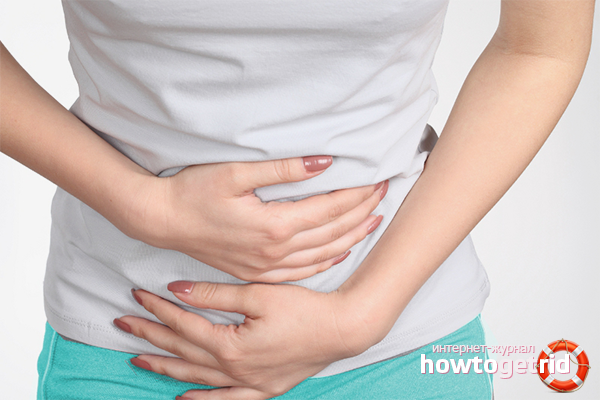
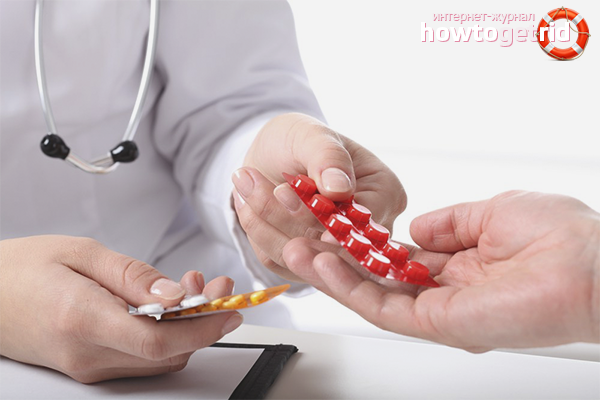
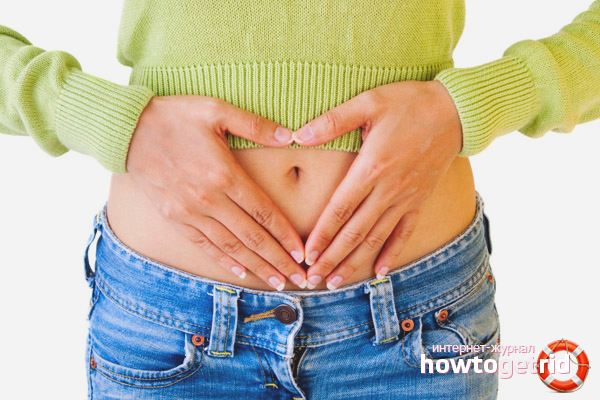

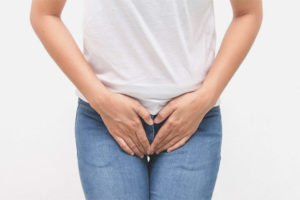
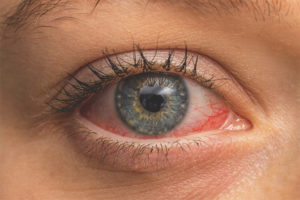


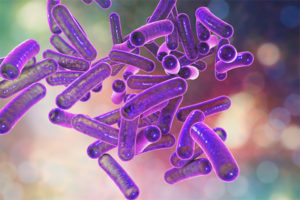
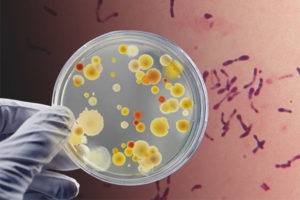

Submit